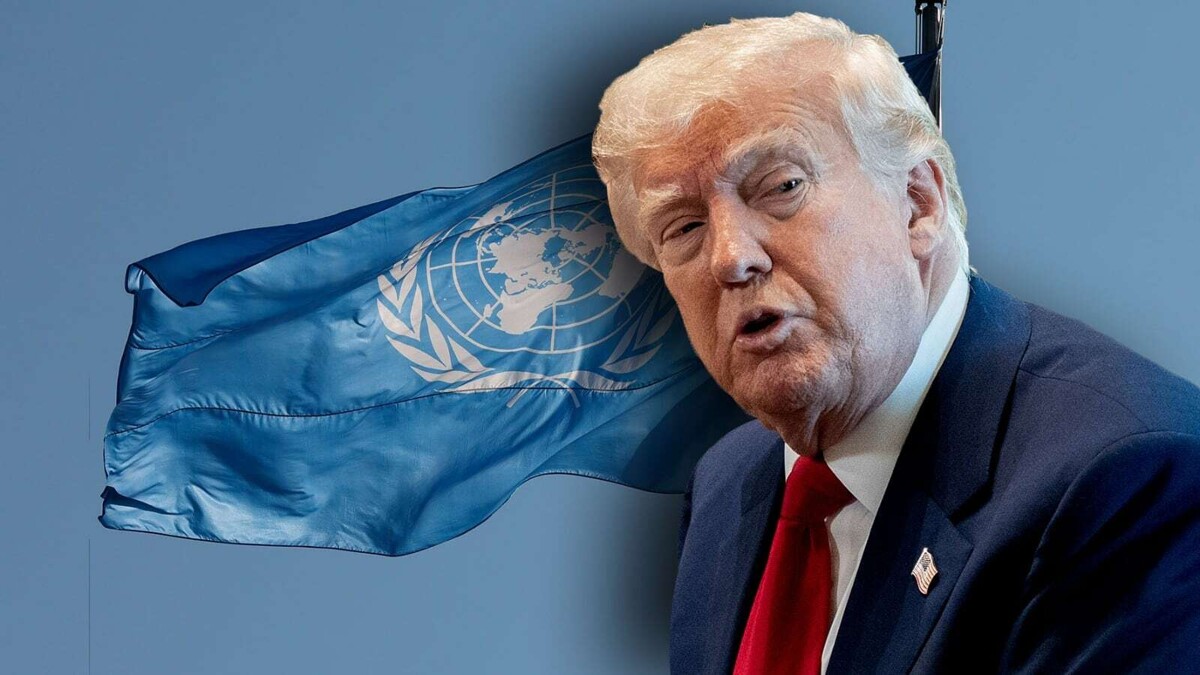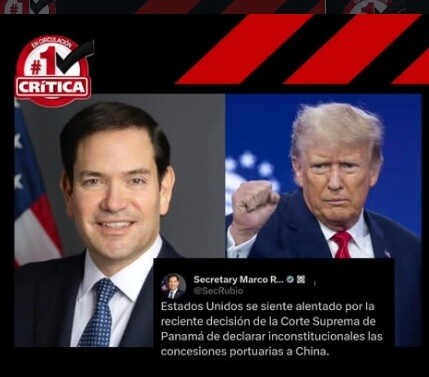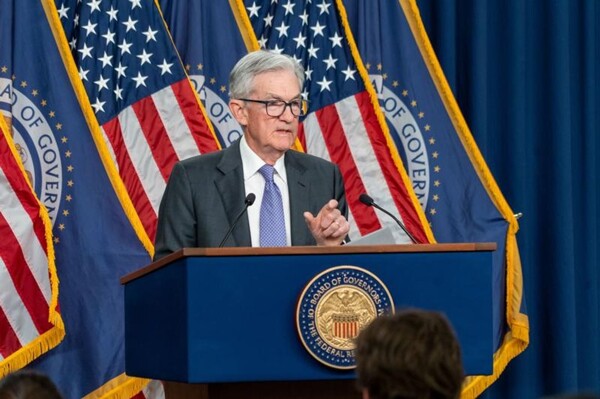
The United States' decision to withdraw from the UN will have a significant impact on the organization's ability to address global solutions. Regarding climate change, the Trump administration has made its stance clear by not imposing regulations that restrict business activities, despite the urgency to mitigate the anthropogenic impact on global warming, a phenomenon on which the US president has expressed doubts.
The Trump administration has been rolling back environmental regulations, such as the review of the danger declaration issued in 2009 regarding greenhouse gas emissions. There is a clear prioritization of economic considerations over measures that promote environmental care in government policies designed to counter the challenges posed by powers like China.
Although some governments, including those of Europe, Canada, and China, have responded negatively to Trump’s policies affecting global trade, there have yet to be effective retaliations aimed at protecting people's lives and the natural environment. The White House's stance against UN resolutions promoting peaceful coexistence and hope reflects a clear far-right ideology in US politics.
Edward Heartney, the US representative at the UN Assembly, stated that the Trump administration's priority is the interest of American citizens, which has led to opposition to resolutions seeking to address global issues like climate change and peaceful coexistence. The US stance has been especially critical of the 2030 Agenda for Sustainable Development and the UN Sustainable Development Goals, deeming them contrary to national sovereignty.
The reluctance of the United States to engage in multilateral agreements and its rejection of global governance initiatives are often attributed to a desire to maintain its sovereignty and decision-making autonomy. Nevertheless, criticisms of the UN and its agenda reflect a deep mistrust of international institutions, especially when it is perceived that these favor the interests of rival powers like China.














